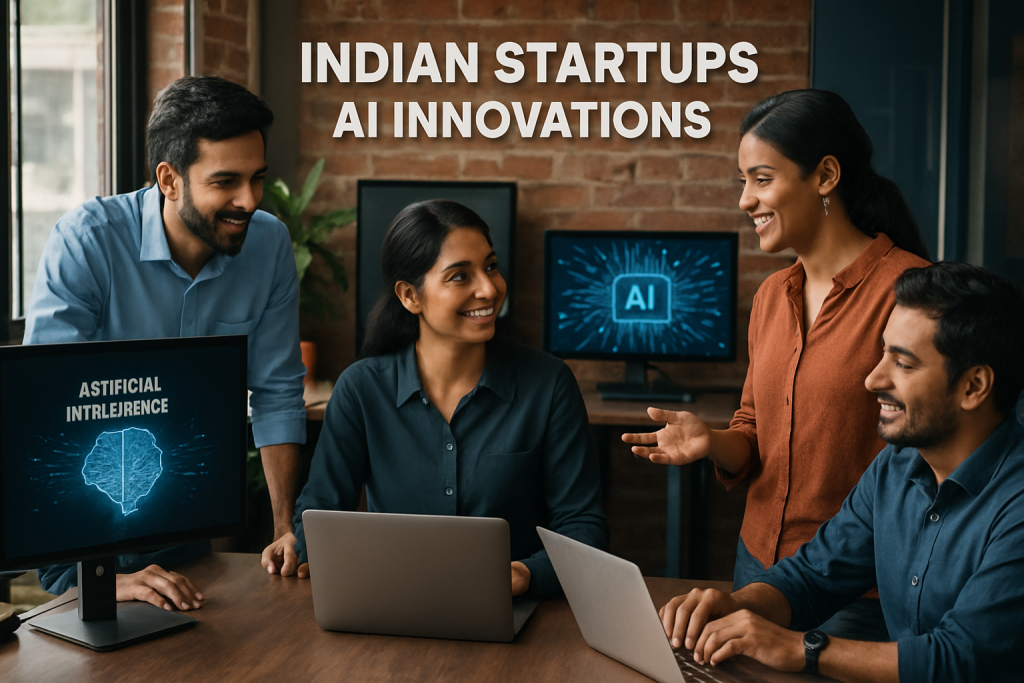Arm’s Bold Strategic Pivot: Amazon’s AI Chip Leader Joins the Team
Arm Holdings, the British semiconductor giant owned by SoftBank, has made a game-changing move in the artificial intelligence sector. The company hired Rami Sinno, Amazon’s former director of silicon engineering who spearheaded development of the tech giant’s Trainium and Inferentia AI chips.
This recruitment marks Arm’s strategic shift from merely licensing chip intellectual property to building complete semiconductor designs. Sinno will guide Arm’s efforts to develop its own AI processors and chiplet systems, positioning the company to compete directly in the rapidly expanding AI hardware market.
Sinno’s Proven Track Record and Amazon’s AI Success
Sinno brings exceptional expertise from Amazon’s Annapurna Labs, where he led groundbreaking AI accelerator development. At Amazon, he oversaw creation of Trainium chips for AI training workloads and Inferentia chips for AI inference applications. These homegrown solutions deliver up to 50% better price-performance ratios compared to competing hardware.
“We formed a team whose mission was to deliver the best machine learning accelerators at cloud scale,” Sinno explained in earlier interviews.
His team developed chip architecture from scratch using Amazon’s signature approach: starting with customer needs and working backward to create optimal solutions.
The Trainium2 chip unveiled in 2023 delivers four times faster training than its predecessor while providing twice the energy efficiency. Major AI companies including Anthropic already use this technology to train next-generation large language models.
Why This Matters Now: The AI Hardware Arms Race
Arm’s recruitment of Sinno comes at a critical moment in the semiconductor industry. The AI chip market is projected to reach $100 billion by 2030, driving intense competition among tech giants seeking alternatives to Nvidia’s dominant position.
Major cloud providers including Amazon, Google, and Microsoft have developed their own AI accelerators to reduce dependence on external suppliers and lower customer costs. This trend toward vertical integration mirrors successful strategies by companies like Apple and Nvidia, which design custom silicon for optimal performance control.
Sinno’s appointment reflects broader industry shifts as companies seek greater control over their technology stacks. His experience in rapid chip development and system-level integration positions Arm to compete effectively in this AI-driven landscape.
Strategic Advantage: Arm’s Complete Design Ambitions
This hire aligns with Arm’s broader transformation beyond its traditional licensing model. The company has been expanding engineering teams, previously recruiting executives from Intel and Hewlett Packard Enterprise. Reports suggest Arm plans to launch its first complete processor as early as summer 2025, with Meta reportedly among potential first customers.
CEO Rene Haas indicated in July that Arm considers developing chiplets that bundle together in larger packages, as well as complete monolithic chip designs. The company aggressively targets capturing 50% of the data center CPU market by end of 2025, capitalizing on new AI data center construction.
Risks and Market Implications
Arm’s pivot presents both opportunities and challenges. The strategy risks alienating major licensing clients including Apple, Qualcomm, and Amazon, who may view Arm as a direct competitor rather than partner. The company’s stock showed volatility following earnings guidance that disappointed investors after announcing its full-chip development strategy.
However, successful execution could transform Arm’s position in the lucrative AI semiconductor market. The company’s extensive mobile and data center presence provides foundation for expansion into complete chip designs.
What Business Leaders Should Know
This strategic shift signals fundamental changes in semiconductor supply chains and technology stack control. Companies dependent on traditional chip suppliers should reassess their dependency as more firms develop bespoke AI solutions.
Business leaders in tech and semiconductor industries must understand this transformation’s implications for supplier relationships and competitive dynamics. Arm’s capability to innovate and execute could reshape industry partnerships and influence future AI-driven semiconductor design approaches.
The move underscores intensifying competition among chip manufacturers as AI applications drive unprecedented demand for specialized hardware. Companies should prepare for evolving supplier landscapes and consider strategic flexibility in their technology procurement strategies.


